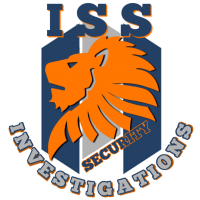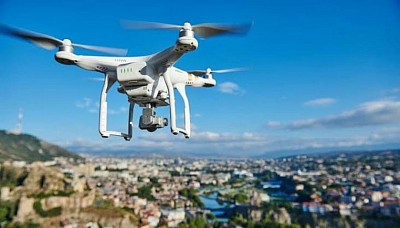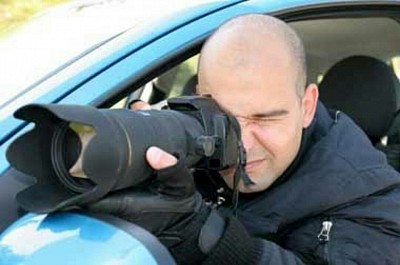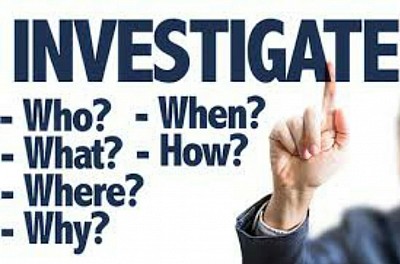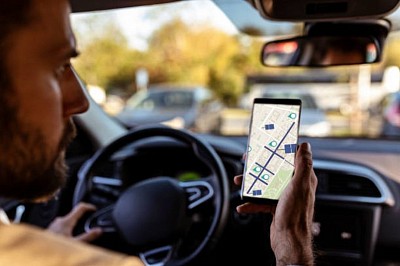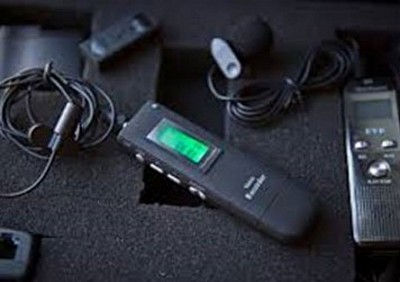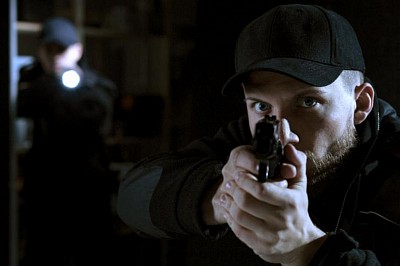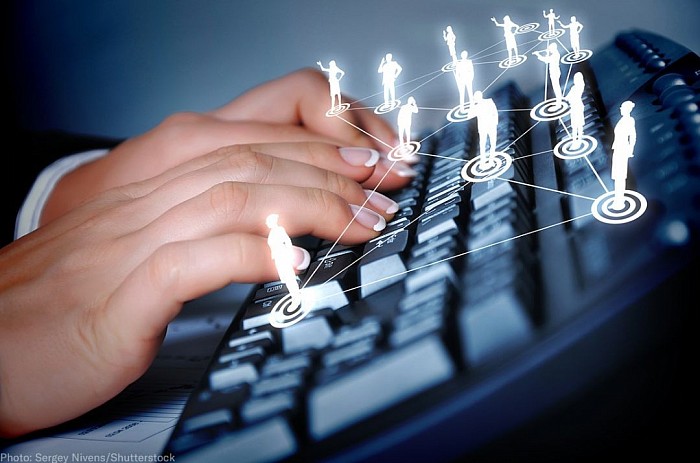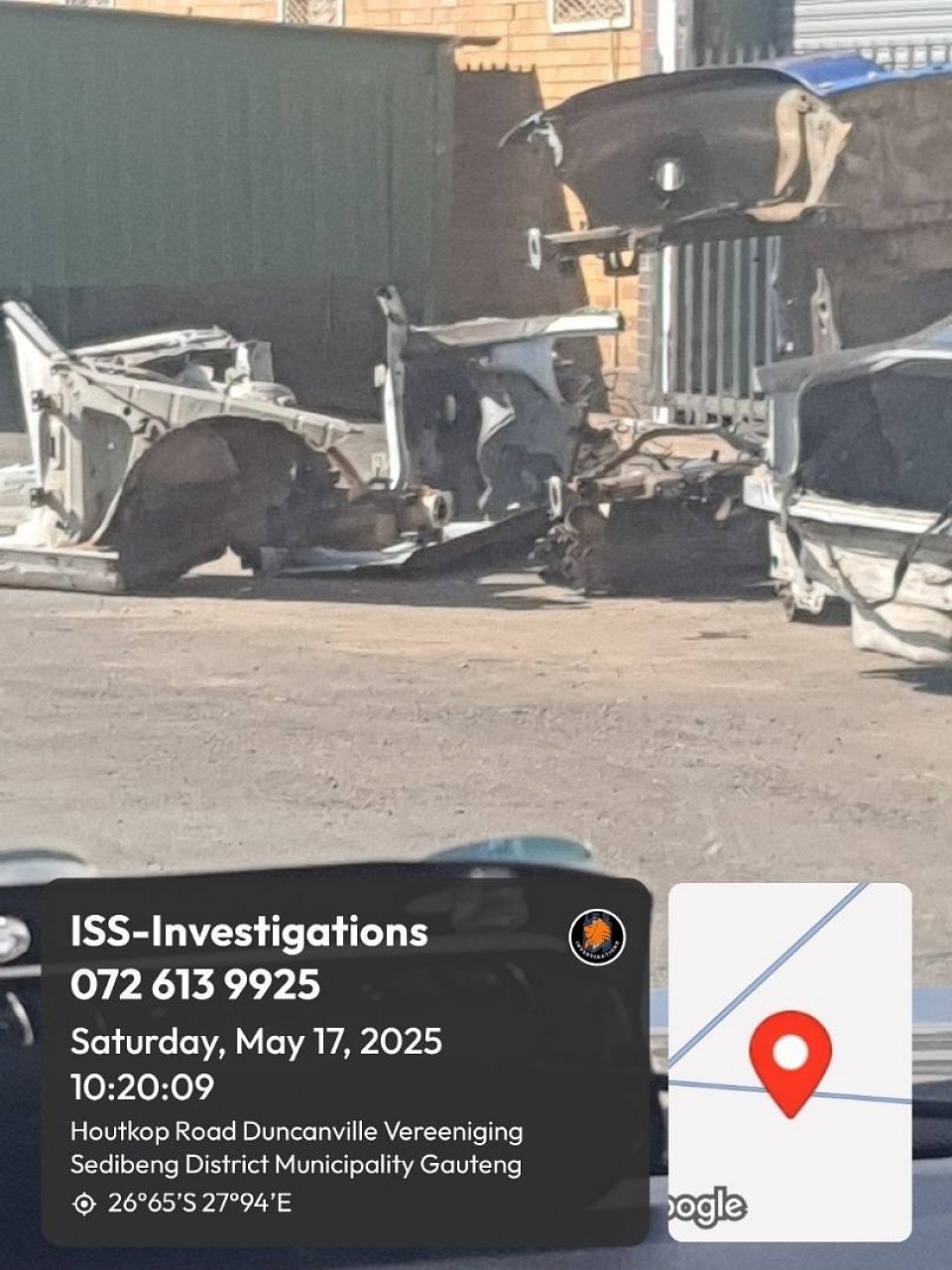Professional Undercover Surveillance: Trust the Experts
The Importance of Professional Undercover Surveillance
Whatever you do, don’t try to carry out Undercover Surveillance on your own! All that will do is add further pain and possibly more complications than it’s worth! It takes extensive training and experience to use techniques that’ll leave a Subject completely unaware that they’re under Surveillance. Undercover Surveillance includes recording videos and taking photos of all the Subjects activities during the Investigation. What can’t be seen on a photo or in a video will be given to you in a written report at the conclusion of the investigation.
Following the Rules: Why It Matters in Undercover Work
ISS-INVESTIGATIONS is registered with PSIRA, and in the many years they’ve been in the industry as one of the top Investigation Companies in South Africa, they’ve yet to overstep or flout the rules and regulations Governing the Surveillance industry.
Strategic Planning for Effective Surveillance Operations
The team at ISS-INVESTIGATIONS will meet with you to get as much insight into your situation as possible before the actual planning of the Investigation begins.
They’ll need to know as much as possible about the Subject and his or her usual routines, before they can provide you with a cost effective Surveillance plan, according to your budget. They will always keep in mind and respect that whatever they do is done solely according to your Requirements. Whether one or more Investigators will be required will be decided at this stage, depending on the information you’ve shared with the team, as well as on the general behaviour and routines of the Subject.
Client Involvement: Key to Successful Surveillance
Once we begin undercover surveillance on the Subject which may be your Spouse in a (Cheating Spouse Investigation), you have to do everything to try and keep things as normal as possible in the meantime, so that you don’t compromise the investigation.
Don’t start asking the Subject questions you haven’t asked before, or behave any differently than before, no matter how challenging this will be under the circumstances. By doing this, you’ll ensure that the Subject doesn’t become suspicious during the Investigation.
Comprehensive Evidence Presentation for Your Case
As specialists in undercover surveillance, we make use of state of the art video equipment to provide you with video evidence, as well as with time-stamped still photos. This would include a detailed professional report once all the evidence has been obtained. This is evidence you can rely on to be incontrovertible, to the extent that it’ll stand up to any scrutiny, including in a court case.
Stay Informed: Real-Time Vehicle Tracking Services
Where you as the Client may Track the Vehicle from your Cellphone.
Understanding Surveillance: What You Need to Know
Surveillance is the act of monitoring or observing individuals, groups, or environments, often with the intention of gathering information or preventing criminal activity. Surveillance takes many forms, including physical observation, electronic monitoring, video recording, data collection, and analysis. Law enforcement and private investigators use surveillance to maintain security, enforce laws and regulations, protect against threats, and investigate criminal activity.
Why Surveillance is Essential for Effective Investigations
Surveillance is necessary for investigations for the simple fact that criminals go to great lengths to conceal criminal activity. By conducting surveillance, investigators can uncover evidence necessary to convict a criminal or justify further legal action, such as the serving of a warrant.
Investigators can also track subjects’ actions and whereabouts using surveillance methods, looking for activity that might incriminate or clear them of suspicion. Surveillance can help investigators identify and map criminal networks, including the relationships between suspects and their associates, providing valuable insights into the structure and operations of criminal organizations.
Discover the Different Ways We Conduct Surveillance
There are many ways to conduct surveillance during an investigation. Here are some of the most popular ways to gather intel and information on a subject.
1. Physical Surveillance
Sometimes referred to as direct surveillance, physical surveillance involves observing people or places in person. With physical surveillance, investigators can either follow suspects around a location (commonly referred to as moving surveillance) or from a stationary position, also known as a “stakeout.”
2. Electronic Surveillance
Electronic surveillance relies on electronic devices such as cameras, microphones, GPS trackers, and other monitoring tools to gather information. Electronic surveillance is typically used by security personnel to monitor individuals within public and private establishments, but it’s also used by investigators who need to capture and record covert conversations or activities.
3. Computer Surveillance
Not all crimes are committed in person. That’s where computer surveillance comes in. This method consists of monitoring an individual’s computer usage, including their internet history, emails, and other online activities.
4. Social Media Surveillance
Information shared on social media is not protected by a reasonable expectation of privacy; therefore, investigators can monitor a suspect’s social media activity to gather information about their activities, interests, and contacts.
5. Financial Surveillance
Financial surveillance involves monitoring financial transactions and activities to detect and prevent financial crimes such as money laundering. Financial surveillance can be done on an individual level or a corporate level.
6. Biometric Surveillance
Biometric surveillance uses various forms of technology to identify individuals based on physical characteristics such as fingerprints, facial recognition, or iris scans. CCTV is a common tool used in biometric surveillance.
Tools Needed for Surveillance
There are a number of tools investigators can use to increase their efficacy with surveillance. Here are the most popular surveillance tools investigators can use during their investigations.
Vehicle
Having a vehicle is very important when conducting physical surveillance as it allows you to follow the suspect with relative ease. You should try to pick a fairly non-descript and reliable car for your surveillance vehicle so you can covertly observe subjects without notice or intervention.
GPS Tracker
A GPS tracker is a small electronic device that can be planted on a subject’s vehicle to monitor their location and travel patterns. However, using a GPS tracker is not always necessary or legal depending on the situation. Investigators must have a legitimate reason to place a GPS tracker, something that is known as permissible purpose. Cases that provide permissible purpose include situations such as suspected marital infidelity, suspicions of child neglect from a spouse or ex-spouse, and more.
Binoculars
One of the most classic surveillance tools, binoculars allow an investigator to observe a subject from a distance. Binoculars allow for anonymity and reduce the odds of blowing your cover.
Audio Recorder
Recording conversations is a hallmark of investigative surveillance and is used to capture conversations or other audio evidence. Investigators should invest in inconspicuous recording devices that can be hidden or used in plain sight. However, there are some situations where using an audio recorder is not permissible. Investigators should always be aware of when they can and cannot record subjects without their consent.
Camera
Most smartphone cameras have advanced considerably over the years, making it easy to take high-quality photos and videos. However, professional DSLR cameras still surpass phone cameras as far as quality and capabilities are concerned. A high-quality camera with powerful zoom and night vision capabilities can capture clear images and videos of your subject in nearly every situation.
Computer
Investigators need access to a computer when conducting surveillance, both to uncover information and log that information. Investigators can use software and other databases to gather a wealth of information vital to solving an investigation.
Virtual Private Network (VPN)
A VPN is a useful tool for private investigators to protect their online privacy and security while conducting surveillance and to access information that may be restricted or difficult to obtain through other means.
In some cases, an investigator may need to access websites that are blocked in their location. A VPN can be used to bypass these restrictions and access the information they need. Depending on who the investigator is working with, a VPN can also help protect confidential information by encrypting investigative data sent over the internet, making it more difficult for others to intercept or access this information and sabotage the investigation.
Counter-surveillance
Counter-surveillance refers to measures that are usually undertaken by the private investigators to prevent surveillance, including covert surveillance. Counter-surveillance may include electronic methods such as technical surveillance counter-measures, which is the process of detecting surveillance devices.
